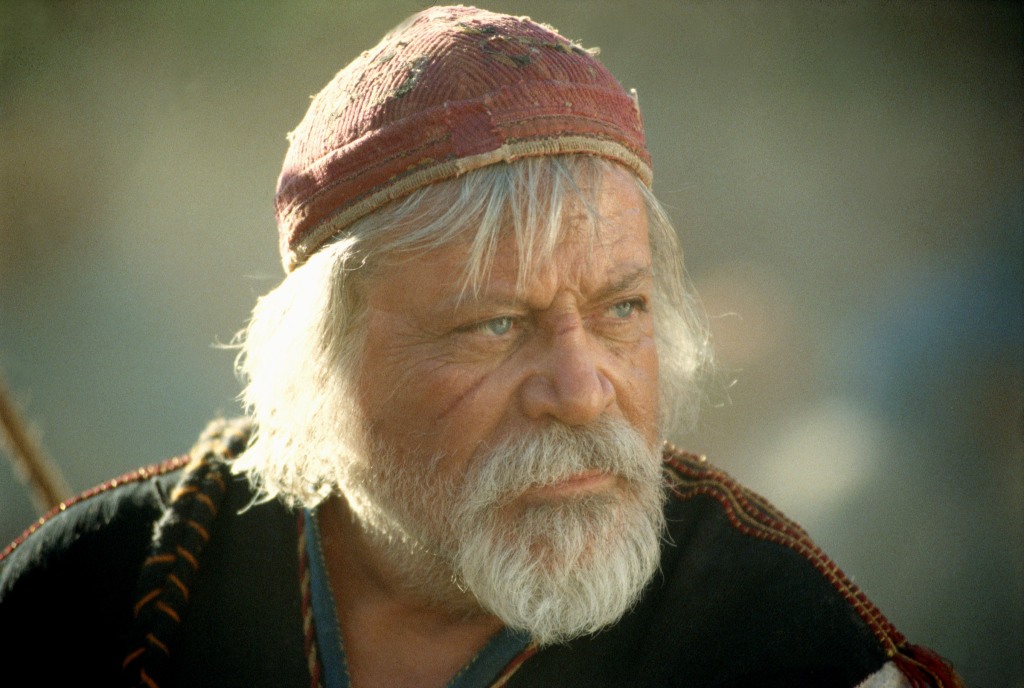Recreating actors’ voices with AI means more Hollywood crud
Intelligent machines are taking over the world.
And slavish Hollywood, who once gave us a warning with “The Terminator,” has this to say: Thank you, Siri, may I have another?
According to a report in the New York Times, the actors’ union SAG-AFTRA is rightly enraged by a chilling provision in some Netflix contracts demanding performers sign over their voices to the studio to be digitally recreated — potentially for whatever it pleases: movies, TV shows, ads, anything.
The outrageous requirement amounts to the potential AI-ification of acting — digital carbon copies that rob performances of spontaneity, heat and, well, humanity. The shameful death of art is unfolding before our very eyes.
The dystopian documents ask permission for the signee’s unique sound to be artificially replicated “by all technologies and processes now known or hereafter developed throughout the universe and in perpetuity.”
Throughout the universe? Is Netflix’s head of legal the Ghost of L. Ron Hubbard?
Well, that request has certainly got me as rankled as when I watched “Battlefield Earth.”
Netflix told the Times that the voice provision is meant for cases in which a voice actor leaves an animated show, allowing them to seamlessly transition to a new person.
But it’s depressingly easy to foresee a future in which actors regularly hand over not only their voices, but their physical likenesses to greedy employers — to be used for much more than toys and other merch.
How alarming it is to see this creepy practice of human digitization become an acceptable procedure, rather than a hasty and controversial workaround to complete a movie when an actor dies, such as Carrie Fisher in “Star Wars Episode IX: The Rise of Skywalker” or Oliver Reed in “Gladiator.”
Even in those desperate circumstances involving sensitive family and estate negotiations — not to mention good taste! — the replicas mixing stock footage with advanced technology give everybody the heebie-jeebies (that is, everybody except William Shatner, who dreams that an intelligent, computerized double of himself will be made ASAP).
It was certainly weird when Andy Warhol’s chatter was freakily recreated by a computer for the recent documentary “The Andy Warhol Diaries.” At least Artificial Andy read aloud the artist’s actual writings.
Worse was when the Anthony Bourdain doc “Roadrunner” did the same with 45 seconds of narration from a fake version of the TV host and author. It understandably caused an uproar.
But struggling studios don’t care and are giving the finger to art more and more often.
So it won’t be a shocker to see voice-and-body duplicates of dead or aging stars used to extend dusty franchises and pay flesh-and-blood talent less — or not at all.
This summer’s “Indiana Jones and the Dial of Destiny,” from Disney, begins with a de-aged version of 80-year-old star Harrison Ford.

Hollywood’s opportunism also presents a downside for audiences: Hassle-free AI actors that look and sound just like the real thing means Hollywood can abandon creativity even more than they already have.
Studios will happily churn out terrible sequels until the four horsemen gallop into Burbank.
With CGI human beings becoming increasingly realistic, why not have a fake Fisher (the actress died in 2016) play Princess Leia in her 20s again and again?
And what will stop NBC from producing 35 new seasons of “Friends” where nobody ages and Jennifer Aniston doesn’t need to be paid a dime. Old “Friends” episodes already sound like ChatGPT prompts.
My nightmares get worse. Soon, Movie Critic ChatGPT will be reviewing “Daddy’s Home 47” written by Screenwriter ChatGPT and starring AI Mark Wahlberg.
Do I sound like a hysterical Henny Penny? Maybe. But AI and the speed at which it’s pervading the workforce and popular culture has eclipsed common sense reservations about the possible consequences.
One source told me that on a recent Netflix film, 360-degree captures of every actor were made. The stated rationale was to have a backup in case one of them kicked the bucket.
Sounds like a bucket of BS to me.
Read the full article Here


